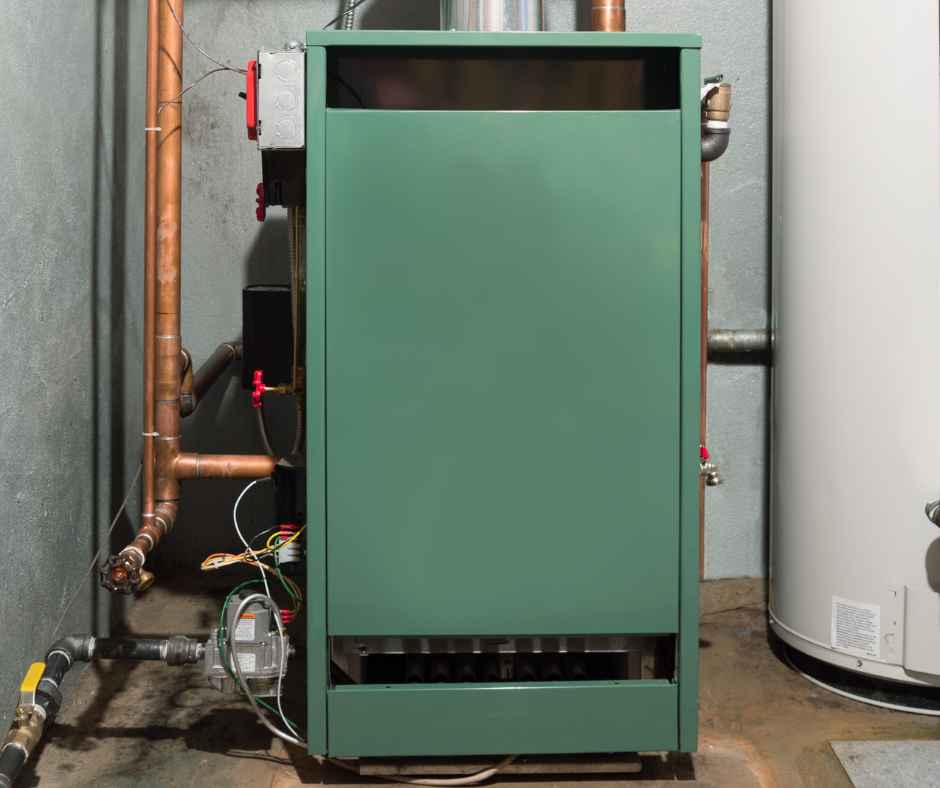Closed: Sun for God + Family time
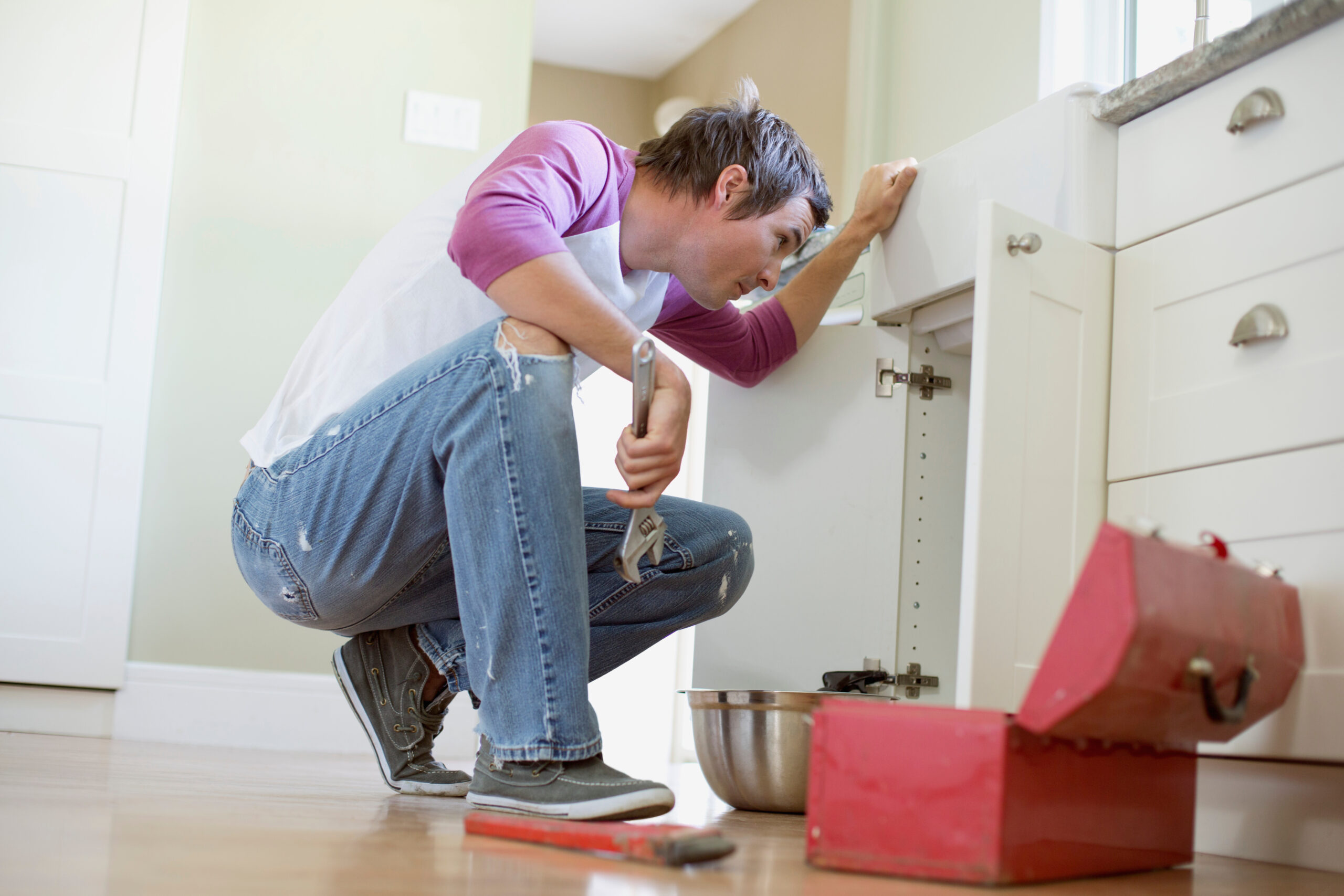
22+ Strategies to Prevent Plumbing Disasters
Preventing Plumbing Disasters: Essential Tips for a Hassle-Free Home
A well-functioning plumbing system is the lifeblood of any home, providing us with essential amenities like clean water and efficient waste disposal. However, the intricate network of pipes, fixtures, and drains that make up a plumbing system can sometimes be prone to issues that, if left unattended, could lead to costly and disruptive disasters. From burst pipes flooding your living space to clogged drains causing backups, plumbing emergencies can quickly turn into nightmares.
By taking proactive steps and understanding how to maintain various aspects of your plumbing system, you can safeguard your home and prevent plumbing disasters. We’ll delve into specific strategies for preventing frozen pipes, dealing with clogged drains, and adequately maintaining septic systems. By the end, you’ll have a comprehensive guide to maintaining a hassle-free plumbing system and a more secure living environment for you and your family!
Prevent Plumbing Disasters – Frozen Pipes
When the temperatures plummet, your plumbing system can be at risk of frozen pipes, a situation that can lead to extensive damage and costly repairs. Frozen pipes can burst when the ice inside them expands, causing leaks and flooding that can wreak havoc on your home. Preventing frozen pipes requires proactive measures to keep the water flowing even in the coldest of conditions.
Understanding the Risks
Frozen pipes are most likely to occur in areas of your home that are exposed to cold air, such as basements, attics, crawl spaces, and exterior walls. Water supply lines leading to outdoor faucets, swimming pool lines, and sprinkler systems are particularly susceptible.
Insulation is Key
Proper insulation is your first line of defense against frozen pipes. Consider insulating vulnerable areas, such as exposed pipes in unheated spaces. Pipe insulation sleeves or wrapping pipes with heat tape can effectively retain heat and prevent freezing.
Allowing Faucets to Drip
In extremely cold weather, allowing faucets to drip can help prevent pipes from freezing. The constant movement of water can make it harder for ice to form and can relieve the pressure that builds up within the pipes.
Cabinet Doors and Warm Air Circulation
In colder weather, open cabinet doors under sinks to allow warm air from your home to circulate around the pipes. This simple trick can make a significant difference in preventing freezing.
Using Heat Tape or Cables
For pipes that are particularly vulnerable to freezing, such as those in crawl spaces or attics, consider using heat tape or cables. These products are designed to provide a controlled amount of heat, keeping the pipes warm enough to prevent freezing.
Disconnecting and Draining Outdoor Hoses
Before the cold weather sets in, disconnect and drain outdoor hoses. Water left inside hoses can freeze and cause the connected faucets and pipes to freeze as well.
By implementing these preventive measures, you can significantly reduce the risk of frozen pipes and the potential disasters they can cause. A proactive approach to winterizing your plumbing system will ensure that water keeps flowing smoothly even during the harshest weather conditions.
Dealing with Clogged Drains
Clogged drains are a common plumbing issue that can quickly escalate into a messy and inconvenient situation. A clogged drain can disrupt your daily routines and potentially lead to backups and water damage. Understanding the causes of clogs and taking preventive steps can help you avoid the frustration and expense of dealing with clogged drains.
Understanding the Culprits
Clogs are often the result of a buildup of debris, grease, hair, soap scum, and other substances that accumulate over time. These materials can restrict water flow and eventually lead to complete blockages.
Avoiding Grease and Food Scraps
One of the primary culprits of kitchen sink clogs is pouring grease down the drain. Instead, allow grease to cool and solidify, then dispose of it in the trash. Also, avoid putting large amounts of food scraps down the drain, as they can contribute to clogs.
Using Drain Screens
Placing drain screens or catchers over your drains can help prevent hair, food particles, and other debris from going down the drain. These screens are inexpensive and easy to clean, making them an effective tool in preventing clogs.
Regular Boiling Water Flushing
Periodically flushing your drains with boiling water can help break down and wash away buildup that may be accumulating in the pipes. This simple step can go a long way in maintaining clear drains.
Natural Solutions for Maintenance
Baking soda and vinegar are effective natural solutions for keeping drains clear. Pouring a mixture of baking soda and vinegar down the drain followed by hot water can help break down buildup and prevent clogs.
Garbage Disposal Best Practices
If you have a garbage disposal, use it responsibly. Avoid putting large, fibrous, or hard-to-grind items down the disposal. Always run cold water while using the disposal to help prevent fats and oils from solidifying and causing clogs.
By adopting these preventive measures and being mindful of what goes down your drains, you can greatly reduce the likelihood of clogs and keep your plumbing system flowing smoothly. Regular maintenance and responsible usage will help you avoid the inconvenience and potential damage caused by clogged drains.
Maintaining Septic Systems
For homes not connected to city sewer lines, a well-maintained septic system is crucial for proper waste disposal and environmental protection. Neglecting septic system maintenance can lead to backups, foul odors, and contamination of groundwater. Understanding how to care for your septic system can prevent potential disasters and keep your home’s waste management in check.
The Importance of Septic System Maintenance
A septic system is designed to treat and dispose of wastewater from your home. Proper maintenance ensures that solids are adequately broken down, preventing system backups and potential health hazards.
Regular Pumping
Regular pumping of the septic tank is essential to remove accumulated solids and prevent overloading the system. The frequency of pumping depends on the size of the tank and the number of occupants in the household. A professional septic service can recommend an appropriate pumping schedule.
Water Usage Management
Excessive water usage can strain your septic system. Space out activities that involve significant water usage, such as laundry and showers, to avoid overwhelming the system.
Mindful Flushing and Drain Usage
Flushing non-biodegradable items, chemicals, and excessive solids down the drain can disrupt the balance of the septic system and lead to clogs. Use toilet paper that is labeled septic-safe and avoid flushing items like diapers, feminine hygiene products, and paper towels.
Protecting the Drain Field
The drain field is a crucial component of the septic system that helps treat wastewater. Avoid planting deep-rooted plants or trees over the drain field, as their roots can damage pipes and obstruct water absorption.
Professional Inspections
Regular professional inspections of your septic system can identify potential issues before they become severe. Licensed plumbers or septic service providers can assess the condition of the system and recommend any necessary repairs or maintenance.
Avoiding Harsh Chemicals
Avoid using harsh chemicals, antibacterial soaps, and excessive cleaning agents that can disrupt the natural balance of bacteria in the septic tank responsible for breaking down waste.
By following these guidelines and being proactive in your septic system maintenance, you can ensure that your waste disposal is efficient, safe, and environmentally responsible. A well-maintained septic system will prevent disasters and keep your property and the surrounding environment free from contamination.
Addressing Small Issues Promptly
In the realm of plumbing, seemingly minor issues can quickly escalate into major problems if ignored. Taking prompt action when you notice even the smallest signs of trouble can save you from potential plumbing disasters and costly repairs down the line.
Leaky Faucets
While a dripping faucet might not seem like a big deal, over time, it can waste a significant amount of water and lead to increased water bills. Addressing leaks promptly can save you money and prevent further damage to the faucet.
Running Toilets
A running toilet can waste a substantial amount of water, adding unnecessary costs to your water bill. Faulty toilet mechanisms can worsen over time, potentially leading to more significant issues. Repairs or replacements of toilet components should be done promptly.
Slow-Draining Sinks
If you notice sinks or showers draining slowly, it could be a sign of a developing clog. Addressing slow drainage can prevent clogs from fully forming and causing backups.
Low Water Pressure
Low water pressure can indicate problems with the plumbing system, such as mineral buildup in pipes or leaks. Promptly diagnosing and addressing these issues can prevent a decrease in water flow that affects various household activities.
DIY Fixes and Professional Help
While it’s tempting to attempt DIY fixes for small plumbing issues, it’s important to recognize when a problem requires professional attention. If you’re unsure about how to proceed, or if a problem persists despite your efforts, it’s best to consult a licensed plumber to assess the situation.
Cost Savings and Preventive Action
Addressing small issues promptly not only prevents them from turning into larger, more costly problems but also contributes to the overall health and longevity of your plumbing system. It’s an investment in your home’s infrastructure and your peace of mind.
By adopting a proactive approach to small plumbing problems, you can avoid potential disasters and keep your plumbing system functioning smoothly. Regular maintenance, timely repairs, and the assistance of professionals, when needed, will ensure that your plumbing stays trouble-free.
Regular Professional Inspections
While you can take many preventive measures on your own, having a licensed plumber conduct regular professional inspections is a critical step in maintaining a reliable plumbing system. These inspections help identify hidden issues, assess the overall health of your plumbing, and catch potential problems before they escalate into emergencies.
Determining Inspection Frequency
The frequency of professional inspections depends on factors such as the age of your plumbing system, the size of your household, and the local water quality. Generally, it’s recommended to have your plumbing inspected annually or biannually.
Detecting Hidden Issues
Licensed plumbers have the expertise to identify hidden problems that may not be apparent to the untrained eye. These issues could include leaks, corrosion, deteriorating pipes, and more. Early detection allows for timely repairs and prevents larger, more expensive issues.
Extending Plumbing Lifespan
Regular inspections and maintenance can extend the lifespan of your plumbing system. By addressing minor issues before they worsen, you can avoid premature replacements and costly repairs.
Ensuring Compliance with Regulations
Plumbing regulations and codes evolve over time. Regular inspections help ensure that your plumbing system remains compliant with current standards, reducing the risk of legal issues and ensuring the safety of your household.
Professional Expertise
Licensed plumbers bring a depth of knowledge and experience to the inspection process. They can provide valuable advice on maintenance practices, upgrades, and improvements to enhance the efficiency and longevity of your plumbing system.
Peace of Mind
Knowing that your plumbing system has been professionally assessed and is in good condition provides peace of mind for homeowners. It reduces the likelihood of unexpected plumbing emergencies that disrupt your daily life.
By incorporating regular professional inspections into your plumbing maintenance routine, you can enjoy the confidence that comes with knowing your plumbing system is in optimal condition. These inspections offer a proactive approach to preventing disasters and maintaining the integrity of your home’s plumbing infrastructure.
Educating Household Members
Preventing plumbing disasters isn’t solely the responsibility of homeowners; it’s a collaborative effort that involves educating all household members about proper plumbing practices. Teaching everyone in your home how to use plumbing fixtures responsibly and recognize early warning signs can go a long way in maintaining a smoothly functioning plumbing system.
What Should and Shouldn’t Be Flushed or Poured
Educate your family about what can and cannot be flushed down toilets or poured down drains. Emphasize that only toilet paper and waste should be flushed, while items like paper towels, wipes, and feminine hygiene products should be disposed of in the trash.
Proper Use of the Garbage Disposal
If you have a garbage disposal, instruct your household members on how to use it correctly. Encourage them to avoid putting hard or fibrous materials, like bones or vegetable peels, down the disposal. Remind them to run cold water while using the disposal to prevent clogs.
Recognizing Early Signs of Issues
Teach your family how to recognize the early signs of plumbing problems, such as slow drains, unusual noises, leaks, or changes in water pressure. Promptly reporting these signs can prevent minor issues from escalating into major emergencies.
Shutting Off the Water Supply
Ensure that everyone in your household knows how to shut off the water supply in case of an emergency. Knowing how to locate and operate the main shut-off valve can help minimize damage in the event of a burst pipe or other plumbing crisis.
Instilling Responsible Habits
Cultivate responsible plumbing habits among household members, such as not leaving taps running unnecessarily and promptly reporting any plumbing concerns. These habits contribute to a culture of proactive maintenance and preservation.
Setting a Positive Example
As a homeowner, you can set an example by adhering to proper plumbing practices yourself. When family members see your commitment to responsible plumbing, they are more likely to follow suit.
By educating everyone in your household about responsible plumbing practices, you create a shared responsibility for the well-being of your plumbing system. This collaborative effort ensures that preventive measures are consistently upheld, reducing the risk of plumbing disasters and promoting a harmonious living environment.
–
Maintaining a well-functioning plumbing system is an essential aspect of keeping your home comfortable, safe, and functional. By following the tips and strategies outlined in this article, you can significantly reduce the risk of plumbing emergencies and disasters that can disrupt your daily life and cause costly damage.
Remember that investing time and effort into maintaining your plumbing system today can save you from the stress and financial burden of plumbing disasters in the future. With diligence and awareness, you can enjoy a hassle-free home where plumbing concerns are kept at bay, allowing you to focus on the more enjoyable aspects of life.
Share This Story, Choose Your Platform!
Recent News
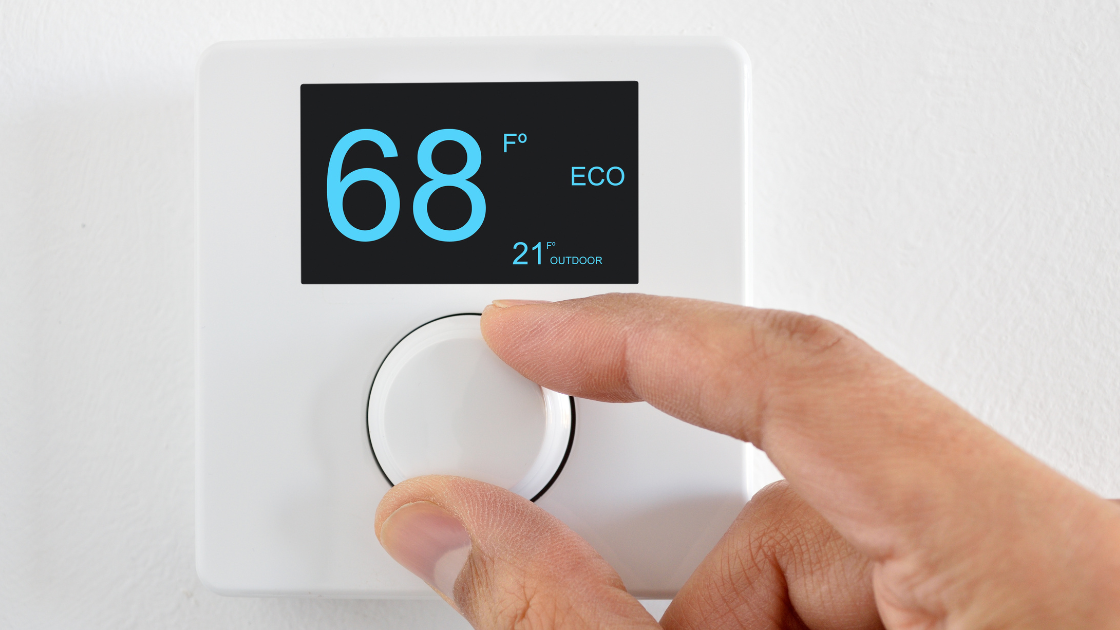
Help! My Heater Won’t Turn Off
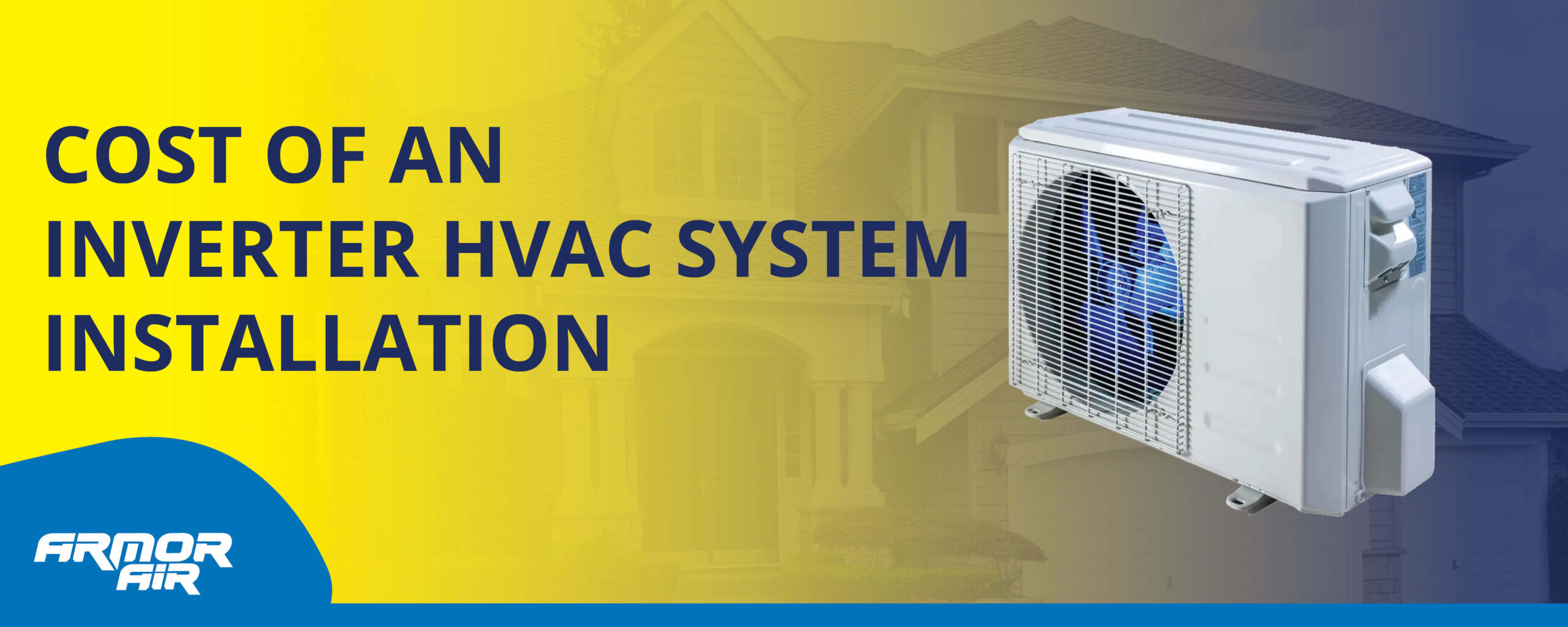
How Much Does an Inverter HVAC System Installation Cost (2025)
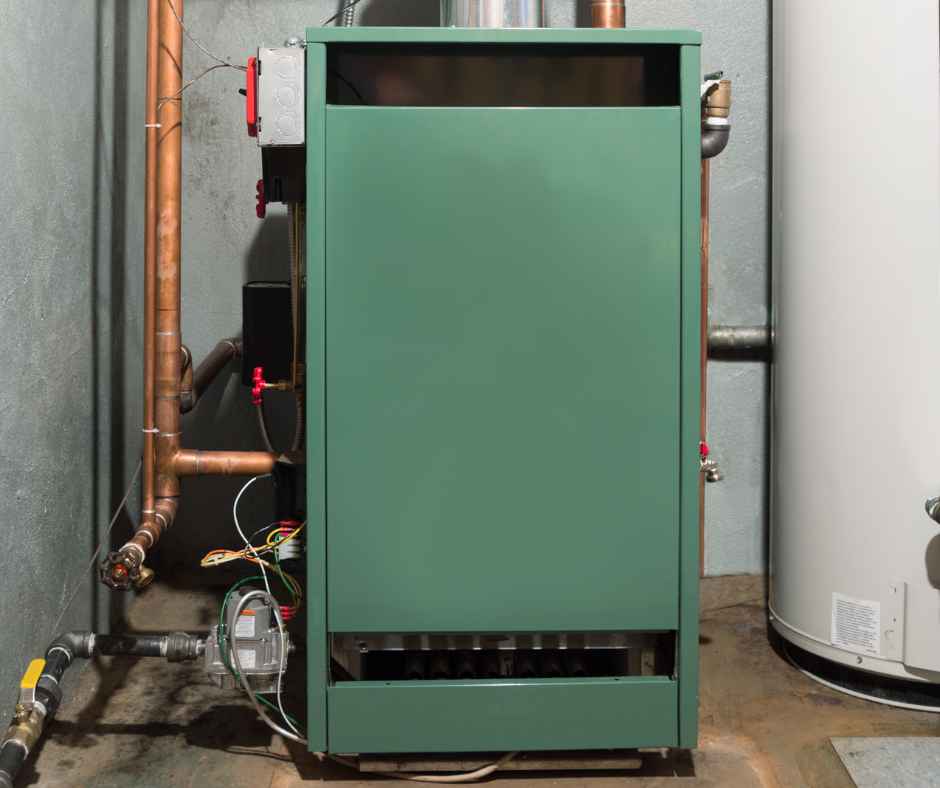
Why Does My Furnace Smell Like It’s Burning?
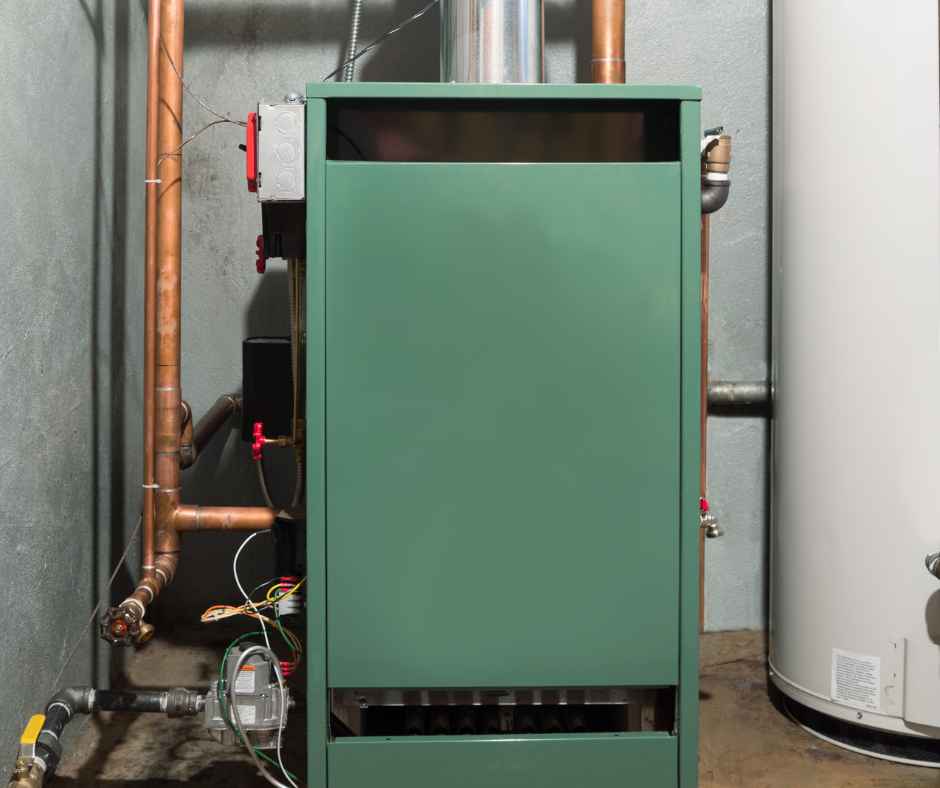
Why Won’t My Heat Turn On?
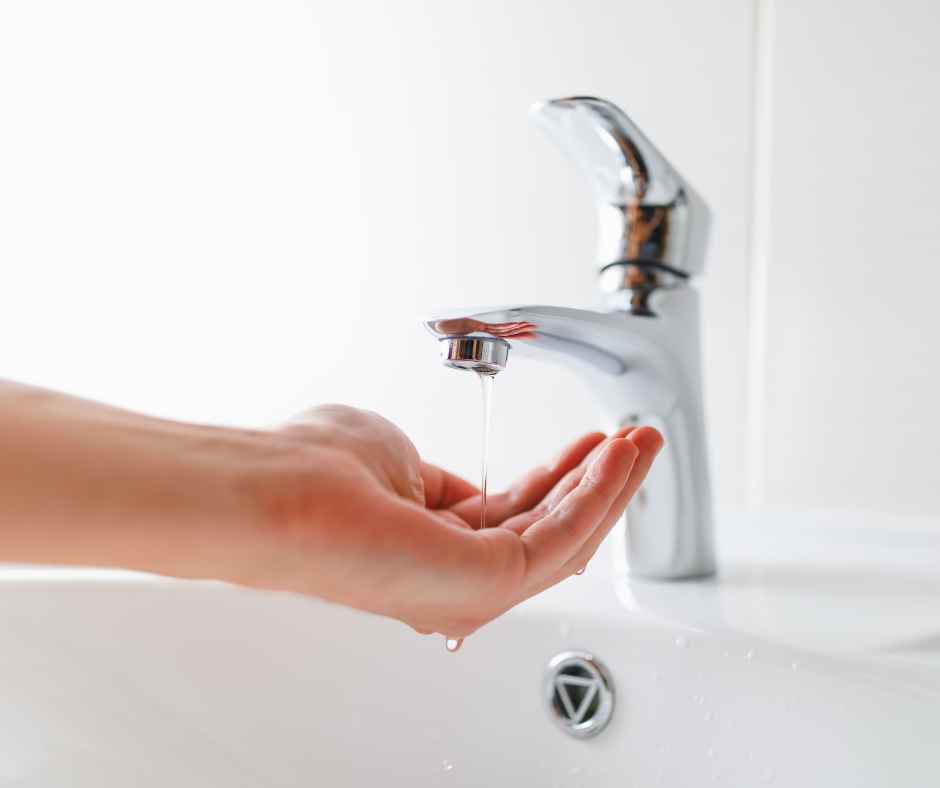
Why is the Water Pressure Low in My House?

Why a Tankless Water Heater Might Be the Best Investment for Your Indianapolis Home?
